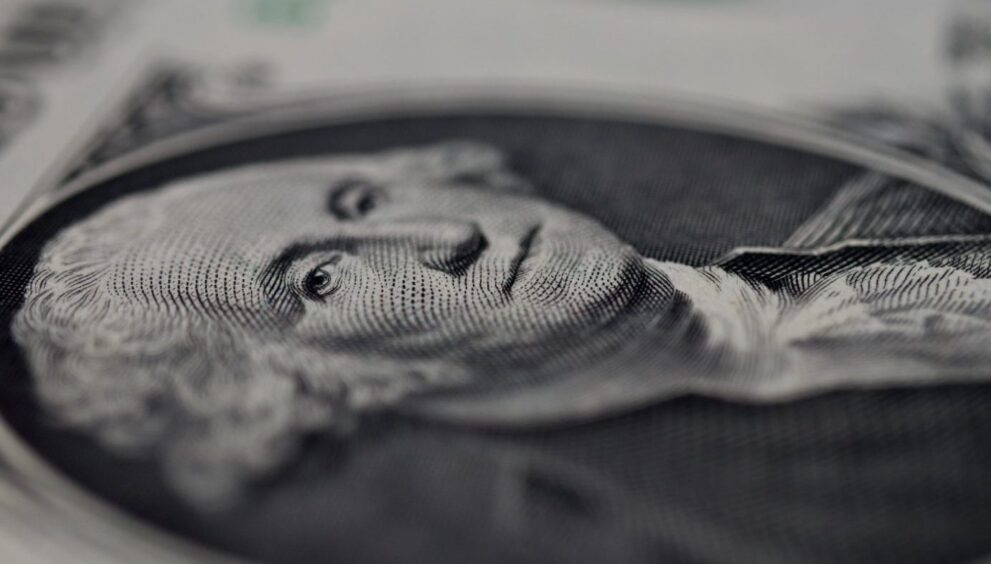Lessons in Personal Finance from George Washington for Trump and Biden

When Congress offered George Washington command of the Continental Army in 1775, he accepted the position but declined to take a salary. He believed that his leadership should be viewed as a selfless dedication to the American Revolution.
It may appear that this wasn’t a significant sacrifice for a wealthy plantation owner. However, despite being affluent, Washington faced liquidity issues. His letters reveal that he had to make tough financial choices, such as selling parcels of land, to meet his financial needs.
Washington understood the importance of perception in politics, including how his personal finances were perceived. Recognizing he was the national standard-bearer, he knew that public trust in the new government depended on officials demonstrating integrity.
In essence, one can learn a great deal about an individual by examining their finances, particularly a president.
As someone who studies presidential wealth, I ponder what Washington would think today about presidential finances and how Americans view them. Both former President Joe Biden and President Trump have exemplified what can go wrong. In today’s polarized political climate, their financial actions sometimes create doubts about their integrity, allowing their finances to be used against them.
Money has always been a political weapon. Martin Van Buren, despite coming from humble beginnings, faced scrutiny for his lifestyle while in the White House. This narrative conveniently overlooked that Van Buren was self-made and used his own money for his luxuries. Nonetheless, it damaged public trust.
Savvy presidents have taken steps to address any doubts about their finances. For example, Abraham Lincoln arrived in Washington with significant wealth in 1861 and saved over half of his salary in Treasury notes and bonds to support the war effort. Richard Nixon, during a campaign finance controversy in 1952, disclosed his net worth on national TV in his Checkers speech. Both Lyndon B. Johnson and Jimmy Carter utilized blind trusts to manage their family businesses, although challenges persisted.
What has changed is not the variety of assets presidents own, but rather American attitudes. Since the 1970s, the public has become increasingly distrustful and cynical. The idea that politicians could act with integrity regarding their money has been cast aside.
Although not the most financially astute president, Biden’s average financial skills and generosity towards his children have sometimes been misinterpreted. For instance, providing an interest-free loan to his brother without clear documentation led to unfounded accusations from some Republicans in Congress.
In contrast, Trump’s refusal to separate his financial interests from national priorities has raised concerns. From withholding tax returns to promoting a memecoin, his actions do little to foster trust. Though he appears compliant by using a trust for his social media site, its structure allows him to maintain control, casting doubt on his intentions.
Restoring financial transparency and integrity, as envisioned by Washington, requires Congress to mandate the president to establish a formal “family office” managed by an independent team responsible for taxes, estates, and investments. This office must oversee diversified exchange-traded funds and issue annual understandable public reports, akin to Berkshire Hathaway’s annual letter.
Despite his flaws, George Washington acted with honor during his presidency. When gifted $20,000 of James River Canal Company stock by Virginia, Washington donated it to Liberty Hall, now Washington and Lee University, to assist students in need.
The significance of a president’s personal finances today goes beyond financial planning – it’s about regaining public trust. As Harry Truman often said, “Always do right. This will gratify some people and astonish the rest.” The American public is eager to be astonished.






















































































































































































































































































































































































































































































































































































































































































































































































































































































































































































































































































































































































































































































































































































































































































































































































































































































































































































































































































































































































































































































































































































































































































































































































































































































































































































































































































































































